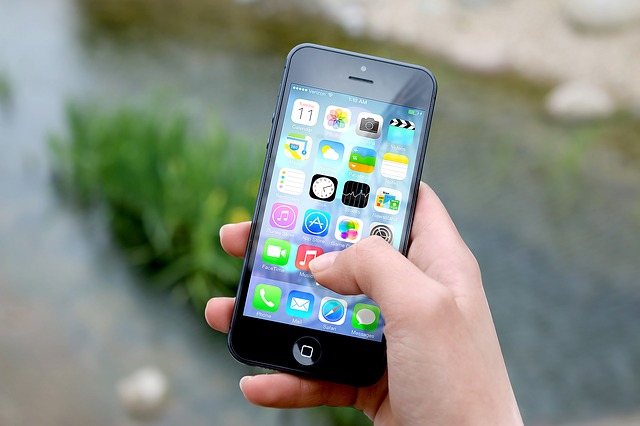How to use the phone

The cell phone you used in your country may not work in Canada. Even if it does, it will be more expensive to make local calls. Therefore, it’s a good idea to buy a cell phone in Canada and sign up for service, especially if you plan to make a lot of local calls. Go on-line to: http://cell-phone-providers-review.toptenreviews.com/ to see a comparison of the top 10 carriers. Of course, you can always use a landline phone, which won’t cost you very much. If you live in a homestay, you have to share the phone, so you need to be considerate. Don’t make too many calls, and don’t stay on the phone for a long time. Someone else may need to use the phone, or someone may be trying to call your homestay family. Because you probably have an accent, when you speak English on the phone, try to pronounce your words very clearly. Also, speak more slowly, and be really careful with those problem areas, such as /r/ and /l/, /b/ and /v/, and /s/ at the end of words. Ask the caller to slow down if they’re talking too fast. Also, repeat important information you heard to make sure it’s correct. Following are some words and expressions you need to understand when you use the phone.
Click on the audio recording below to hear the above lesson.
Vocabulary:
landline: connected through wires
considerate: nice to other people
Vocabulary of phone calls:
dial a number: push the number buttons to connect with someone
pick up: answer the phone
hang up: end the phone call
look up a number: get someone’s number from the phone book or the Internet
area code: the first 3 digits of the phone number
make a long-distance call: a call to someone out of your area code
make an international call: a call to someone out of the country
make a local call: a call in your area
take a message: write down a message from someone
leave a message: give someone a message to write down
leave a voice mail: leave a recorded message
hold the line: wait for a moment
put (someone) through: connect (someone)
the line is busy: the person is talking with someone else
texting: sending someone a written message using your smart phone
Pronunciation Exercise: Listen and repeat the vocabulary above on the audio file below.
Expressions:
Asking to speak to someone
Extension 123, please. (someone’s personal number at a business)
Could I speak to Jason Mathews, please?
Hello. Is Jason Mathews available?
Asking who the caller is
Excuse me, who am I speaking to?
Can I ask who’s calling?
Could (Can, May) I tell him who’s calling?
If someone is not available
I’m afraid he’s not available at the moment.
Mr. Mathews isn’t in right now.
Mr. Mathews is out at the moment.
Taking a Message
Could (Can, May) I take a message?
Would you like to leave a message?
Pronunciation Exercise: Listen and repeat the expressions above on the audio file below.
Conversation 1 – personal:
Jason: Hello. Is Lisa there?
Julie: Yes. I’ll get her. Can I tell her who’s calling?
Jason: Yes. It’s Jason
Lisa: Hi, Jason. What’s up?
Jason: Hi, Lisa. I was just calling to find out if you’re busy on Sunday. I’m having some friends over for a barbecue, and I’d like you to come.
Lisa: Thanks for the invitation, but I promised Julie that I would go shopping with her.
Jason: I’ve got an idea. Why don’t you both come. There is plenty of food for everyone.
Lisa: Okay. I’ll ask her and call you back.
Jason: Wonderful. Talk to you later. Bye.
Lisa: Bye.
Conversation 2 – business:
Receptionist: Hello, Mobile Phone Company. How can I help you?
Jason: This is Jason Mathews. I’d like to speak to someone about cell phone service.
Receptionist: Certainly. I’ll put you through to our sales department.
Jason: Thank you.
Sales person: This is Paul Stewart. How can I help you?
Jason: I’d like cell phone service for a year. Can you tell me about your different plans?
Sales person: Yes, our basic plan is $30 a month for 200 hours of local calling.
Jason: That sounds good. How do I sign up?
Sales person: You should come in to the store first and pick out a phone, and we can go from there.
Jason: Thank you Paul. I’ll be in this afternoon.
Sales person: Okay, I’ll see you then.
Jason: Bye.
© 2012 Ambien Malecot